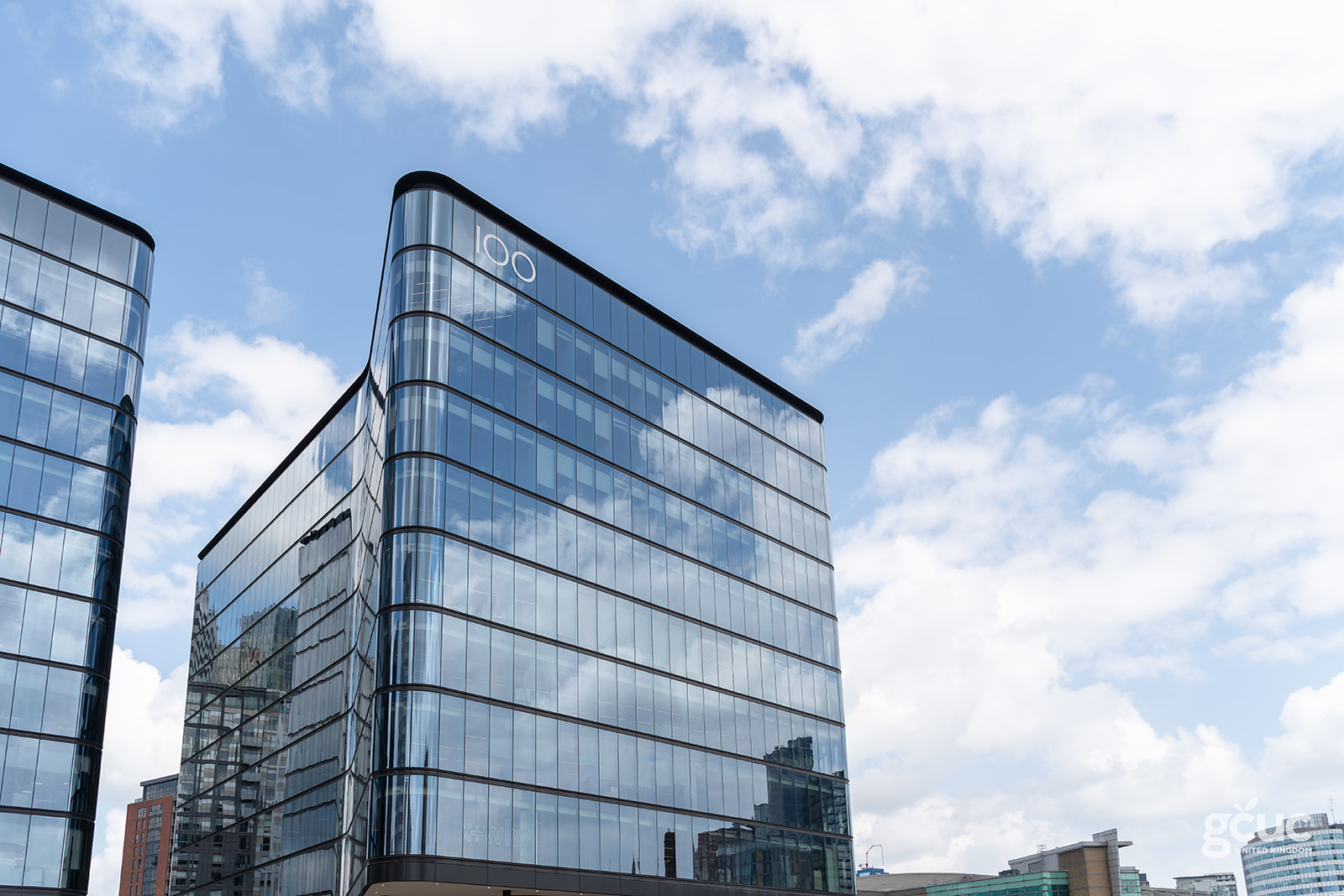
At GCUC UK, we’re constantly exploring the evolving dynamics of the coworking landscape. One crucial area that often goes overlooked is the role of service charges in shaping the overall user experience in flexible workspaces. As coworking continues to redefine the commercial property market, service charges are becoming a valuable tool in creating more than just a space to work—they’re enhancing the end-user experience and fostering stronger relationships between landlords, operators, and tenants.
Our sponsor LJ Property Consultancy has shared insightful thoughts on how service charges not only support the basic operation of buildings but also add value to coworking spaces through shared amenities and services. Whether you’re a coworking operator, a landlord, or an occupier, understanding the impact of these charges can help elevate the coworking experience. Read on to explore how service charges contribute to the success and functionality of modern coworking spaces.
As the commercial property market continues to embrace co-working as an attractive way of operating spaces, it is clear that there has been a shift in the traditional office offering. Where previously a desk in a good location may have been sufficient to attract tenants it is clear that the office has become something more over the last number of years.
Landlords and co-working space operators clearly see the benefits in providing excellent service and modern amenities to those who need office space. This has given rise to a number of different types of lease agreements between occupiers and landlords and yet, one of the constants in this ever changing landscape is the fact that the provision of excellent services and amenities costs money. Even though offices may not be required 5 days a week, when people do attend the office, the user experience is important and generally begins from when they walk in the front door! While operators of spaces are liable for their own operating costs within their leased spaces there are still the associated costs with regard to the shared areas of the building.
Traditionally, occupiers are liable for a fair and reasonable proportion of the costs of common/shared area services in a building. This is called a service charge. The service charge of a standard office building is used to provide services (cleaning, security, R&M etc) to the shared areas of a building and is generally apportioned amongst occupiers on a floor area basis. There are a number of other factors which are also used to determine the appropriate share of costs but that is a topic for another day!

How the service charge is treated will vary from one lease agreement to the next however, there are a number of core principles in place in the industry to promote transparency and fairness when it comes to these costs. Many occupiers or operators of co-working spaces do not feel comfortable reviewing or challenging the building common area budget spend especially if the occupier is operating the space on a Landlord’s behalf.
Service charges are an integral part of the maintenance and repair of a building. More and more however they are being used to add value to the end user experience of the building for example, providing a towel service or organising wellbeing events etc. These costs are generally then split fairly across occupiers. Landlords and operators want to attract and retain end users to the buildings. It is important to consider that areas of a building cannot function effectively in isolation and, most of the time, the end user is not aware that their office and the lift lobby are operated by different entities.
All operators of co-working spaces, whether they are a landlord, operate on behalf of a landlord, or are leasing spaces directly are incentivised to maximise and promote the excellent and safe operation of the building as a whole in order to ensure an exceptional end user experience. The value that can be found in reviewing service charge arrangements may be more than financial. Of course, if there are manifest errors or unfairly apportioned costs then these issues should be tackled however, a lot of the time the service charge is a vehicle by which the overall experience of a building can be enhanced. By being aware of the service provision and understanding the costs associated with the common areas then occupiers and operators can work with their landlord partners to ensure that the positive user experience carries on throughout the building once a user has left the operated space! It is also helpful for landlords to have the service charge reviewed to ensure that it is in line with the market levels but also provides assurances to occupiers that transparency and fairness of costs is a priority when it comes to service charges.

In order to provide a seamless user experience and foster positive occupier/landlord relationships, the service charge structure should be considered and viewed as an integral part of any agreement between a landlord and occupier when deciding how to occupy and operate a building. The value and impact that service charges can have, particularly in relation to co-working spaces and their operation is significant.
If you are interested in learning more about any of the above then please contact Lauren Joslin of LJ Property Consultancy at laurenjoslin@ljpropertyconsultancy.co.uk
Join us at GCUC UK in London on Thursday, 10 October, to share and collaborate on making this industry continue its authentic and real growth.
We are the community builders, innovators, and differentiators in the market. We can’t stop now.